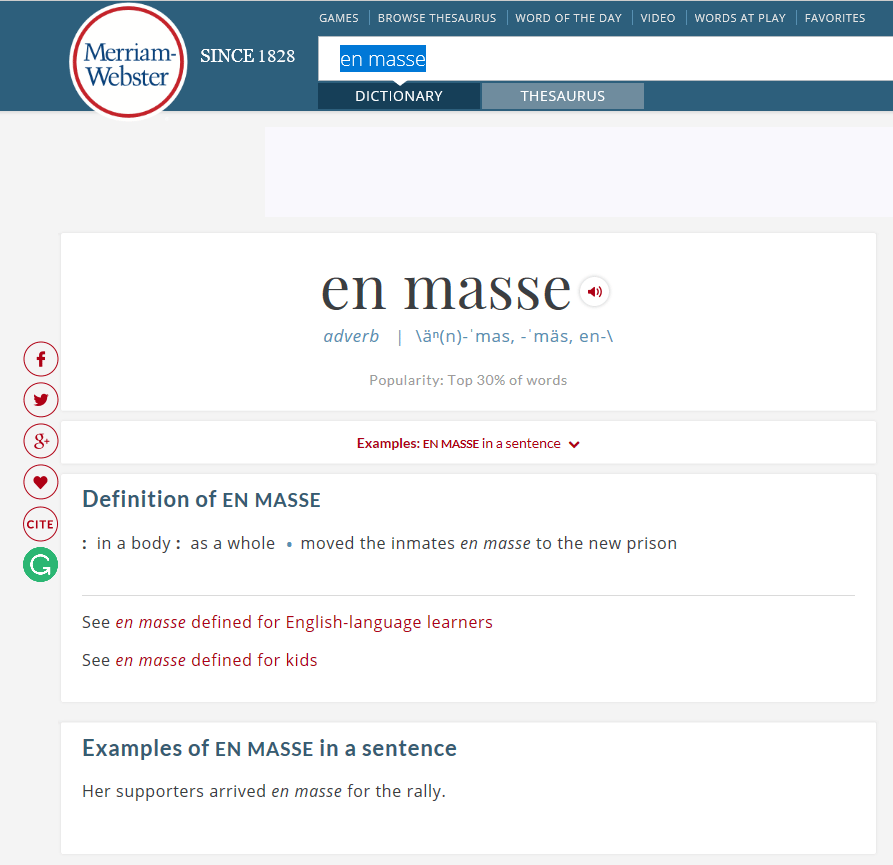This week was the anniversary of Windows 95 and for me the launch of that product was a seminal moment. In effect this was the offering that created my analyst career and I remember it fondly. There were some amazing lessons from that launch that actually transferred into Windows 10 and some that didn’t entirely. As we end this week let’s look back on the one time Microsoft created a product that just overwhelmed Apple. Yes, while we are far more used to Apple kicking Microsoft’s butt, there was a time when Microsoft wiped the floor with Apple. Let’s talk about that.
Windows 95 vs. the iPhone
What made Windows 95 fascinating was it wasn’t a complete product. Think about it, it was an operating system. With most products the software that makes the thing work comes with the product and we think about them as the same thing. Can you imagine lining up to get a new version of the software for your car, or for your SmartTV? Even for our phones would you stand in line for iOS or Android? Of course not.
With the iPhone, iPod, or iPad people were standing in line for a complete product. People have stood in line for Xbox, PlayStation, Miata, 240Zs, movies (I kind of miss that), but the only time folks stood in line for a piece of software in mass, that I can recall, was Windows 95. And these lines were huge.
And all Microsoft had to do was not piss people off.
The Problem With Windows 95
The biggest problem with selling an operating system, particularly in the 1990s, was that drivers kind of sucked, hardware was all over the map, and the Internet was a baby. You had tens of millions of folks, all at once, trying to install a new operating system (something they had never done before) often on hardware Microsoft had never seen, and the result wasn’t even close to pretty.
Then they had their head of service decide that the line of people waiting for support was too long so she effectively cut the support lines. Now instead of waiting for several hours in line, which pissed folks off, for help people got a busy tone and they went a tad ballistic. Here they had waited in long lines to get this magical new operating system and it turned their PC into a brick. They couldn’t get to their files, their games (such that they were back then), their calendar or contacts. They couldn’t even go online and get help from a bulletin board. And they were pissed en masse.
Pictures of long lines at stores changed to pictures of huge stacks of unsold Windows 95 boxes. That is why when Windows 10 launched you got a reservation and your upgrade was staged. To make sure if there was breakage, Microsoft support could stay on top of it and this latest OS release was largely pain free partially due to this tactic.
The Windows 95 Lesson That Was Forgotten
One of the fascinating things about the early PC market that folks seemed to ignore was that the real volume in those early years didn’t belong to Apple, IBM, or Microsoft it belonged largely to Atari and Commodore. They sold affordable computers to consumers and they were massively dominant. In fact it wasn’t until they shifted to building business PCs that they failed.
Apple, which started out focusing more on hobbyists and then small businesses (very similar to consumers) tried to go after the Enterprise business with the Lisa, which was actually Steve Jobs personal project (the Mac belonged to a different team) and it was a colossal failure.
When Windows 95 came out it ran against the increasingly business focused Macs and against OS/2, a platform co-created by Microsoft and backed by IBM, the firm that actually took Microsoft to market.
The difference was that Windows 95 was focused on users and the others were focused, mostly, on IT buyers, and Windows cut through them like a knife through butter.
The lesson that should have been learned was that the user/consumer is always the primary focus for a device that they touch. And, of course, Microsoft then came out with Windows NT which became, Windows 2000, then Windows XP etc. focused more and more on IT. Apple came out with the iPhone, and iPad focused on users and once again proved that user focus trumps everything else.
In fact in rolling against the Palm and BlackBerry solutions, Apple basically played Microsoft and showcased that the user/consumer is king. It is really not that hard to see why Apple wins, or Microsoft won, it just amazes me to see folks continue to ignore this lesson.
Wrapping Up: We’ll Never See It’s Like Again
We are now moving into a different age where content, much of the work we do, will be done in the cloud and directly or indirectly with products that we put in our pockets or on our wrists. We’ll likely still line up to buy those rare few that we find to be magical and different. But this week it is fun to remember that one time when we actually thought the software that made the device work was more magical than the device itself. We are unlikely to ever see another event like Windows 95 and there are folks both at Apple and Microsoft who are probably OK with that.
- The HP OmniBook X Flip 2-in-1 16-Inch: Your New Digital Swiss Army Knife (Now in Glorious Atmospheric Blue) - June 25, 2025
- The Open AI Avalanche: Why AMD’s Collaborative Spirit Is Outmaneuvering NVIDIA’s Empire - June 22, 2025
- Lenovo Embraces OpenBMC: A Step Towards Greater Transparency and Control in the Data Center - June 17, 2025
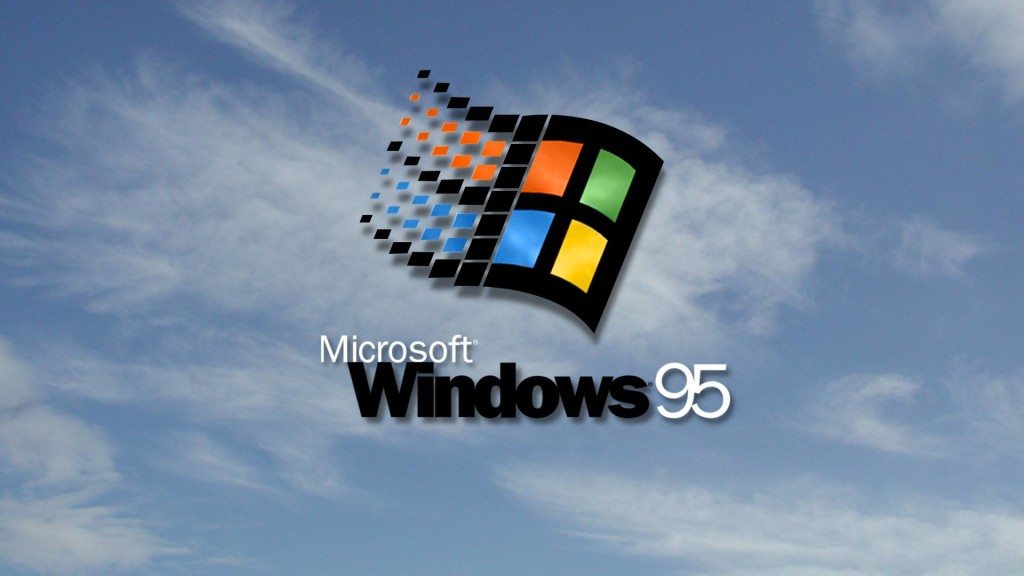
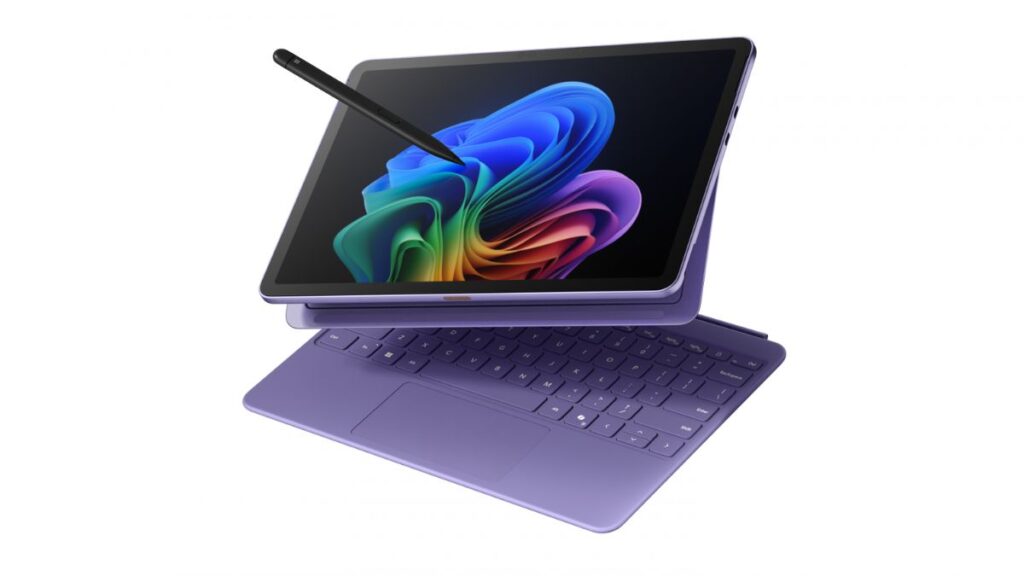
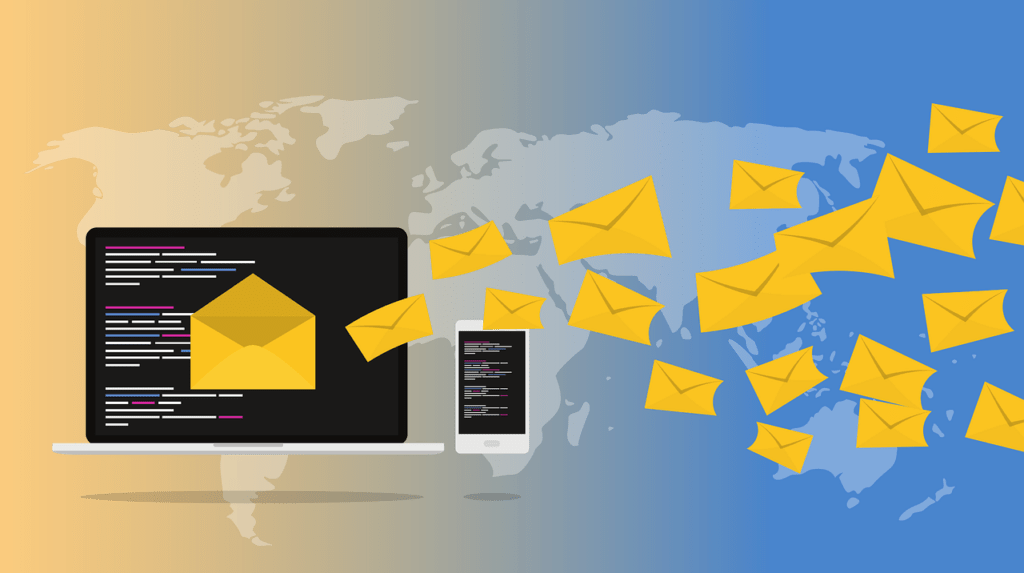
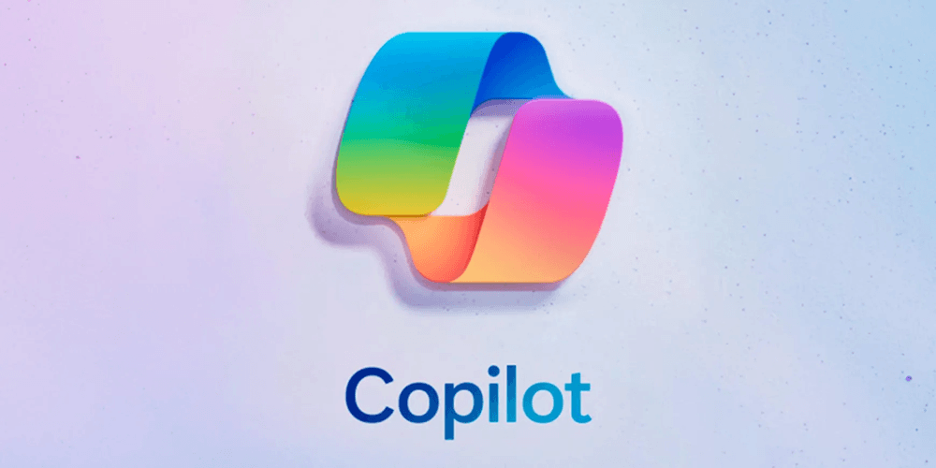
Fact check: the Macintosh was Steve Jobs’ project, NOT the Lisa.
Actually that isn’t true and it is spelled out in a number of books. Steve was swapped off of the Lisa (which was failing) and put on the Mac at the end of the cycle. Yes he got credit for Mac because of some creative internal politics and he launched it but it was largely developed when he took over leadership of that team. Jef Raskin created the Mac. But Jobs did refine it and forced Raskin out before being fired himself.
https://en.wikipedia.org/wiki/Apple_Lisa
https://en.wikipedia.org/wiki/Macintosh
People stood in line for Windows 95 because it promised to let them do cool things with their computer that they couldn’t do without 95.
The only cool things with Windows 10 are Cortana, Continuum, and Universal Apps. None of these are fully implemented, and MS has done a poor job selling or even explaining their benefits -which are most beneficial if you use a Windows phone.
If MS wanted people lining up, they should have delivered fully implemented versions of these features and maybe even offered a loss-leader Windows phone with the deal.
Then advertise: Everything on your phone is on your PC. Everything on you PC is on your phone. Use full versions of Office anywhere any of your devices go. Dock your phone and have full desktop capabilities. Undock your phone and put your desktop in your pocket. Sounds good, eh? And it will work, as soon as Windows 10 is actually complete. If they can avoid compatibility issues like they had with 95.
Instead, they advertise that Cortana is like Siri, only better, and that babies will still be using Windows 10 when they grow up. Hopefully. Windows Phone? What’s that? Just totally ignore that until 10 Mobile is ready. In the meantime enjoy the new start menu, and super-high-tech login options that aren’t very interesting and only work on a handful of PCs.
“en mass.”
No. “En mass” does not exist in the dictionary. The term “en masse” however, means “in a body : as a whole”
